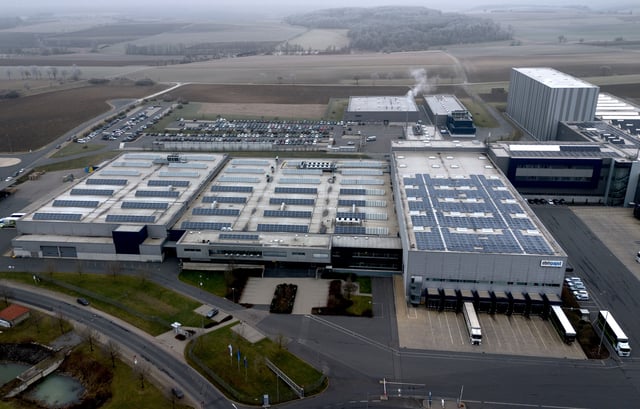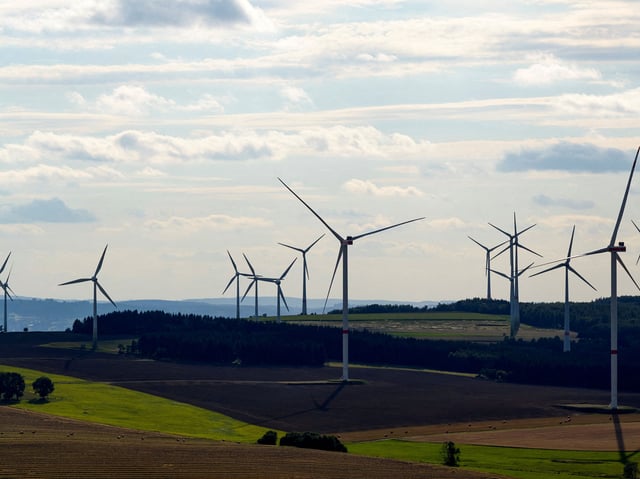Overview
- The far-right Alternative for Germany (AfD) is polling in second place nationally, a historic shift in postwar German politics, with migration as a central issue.
- In Schwerin, a key electoral battleground, an immigrant migration official from the Social Democrats faces off against an AfD candidate advocating strict migration controls.
- Recent attacks and a controversial parliamentary vote have intensified debates linking migration to security concerns, polarizing public opinion further.
- Germany's wind energy sector achieved record growth in 2024, but skepticism from leading political parties, including the CDU and AfD, threatens its future trajectory.
- The upcoming election could reshape Germany's policies on migration and renewable energy, with significant implications for the country's social and environmental goals.



